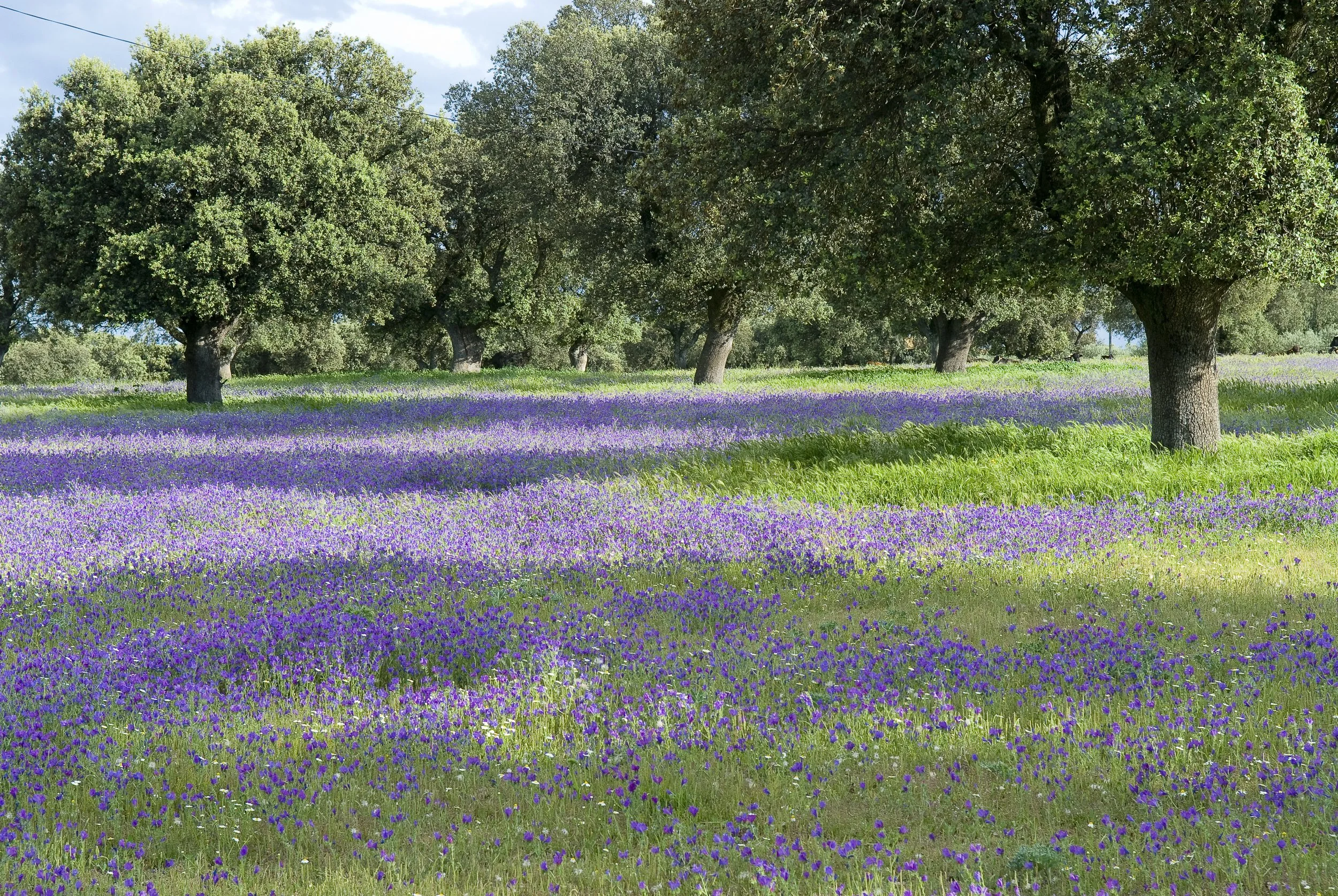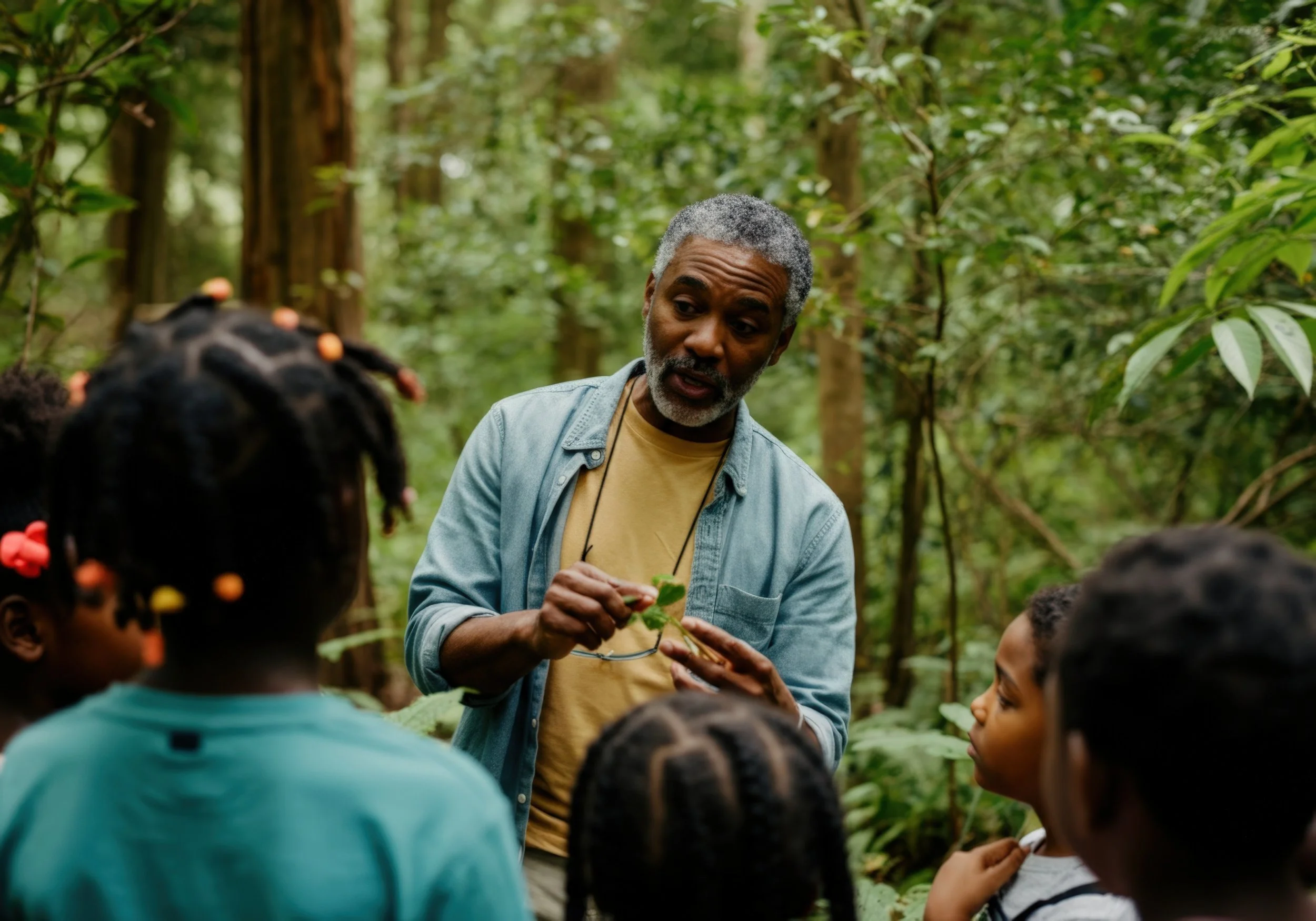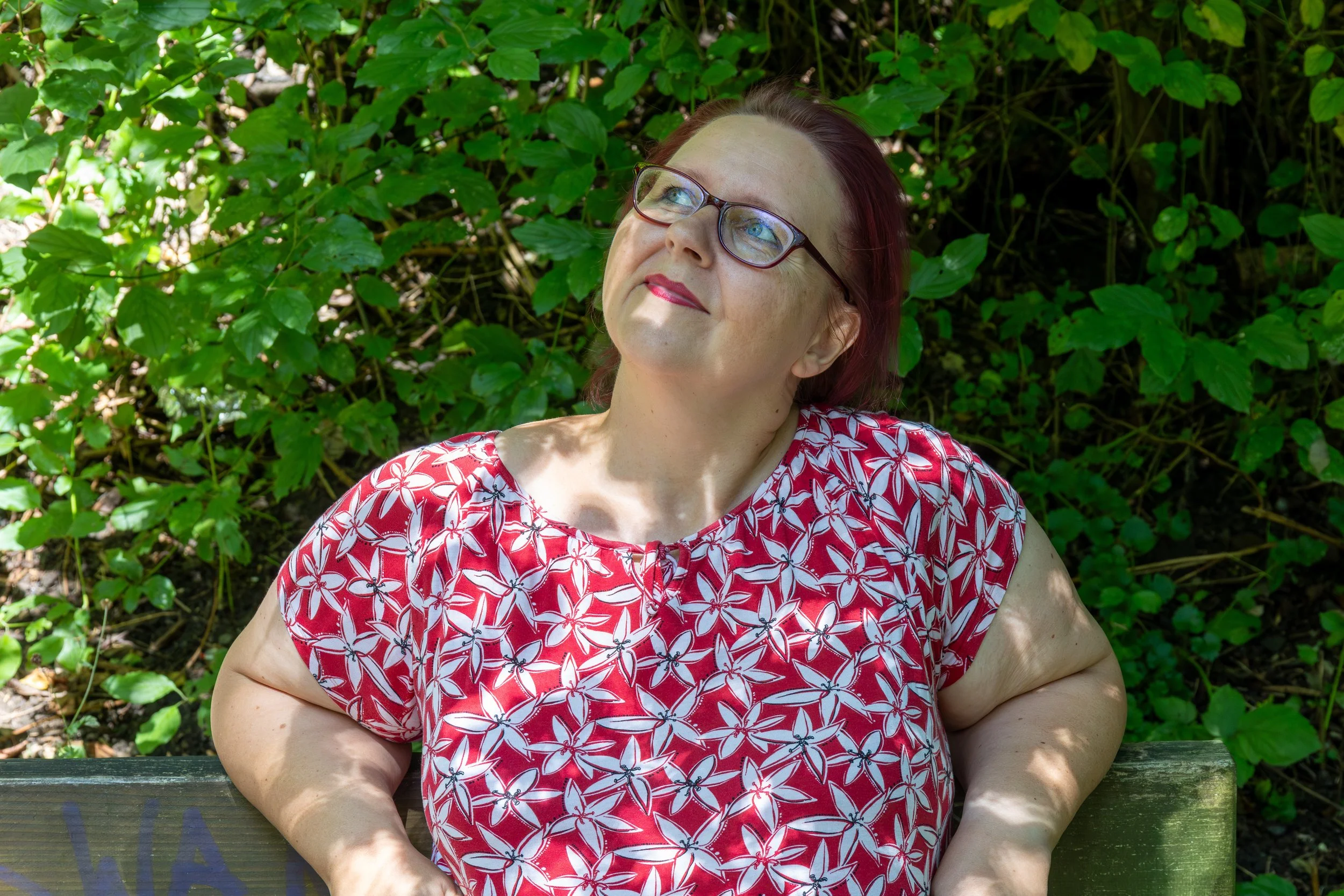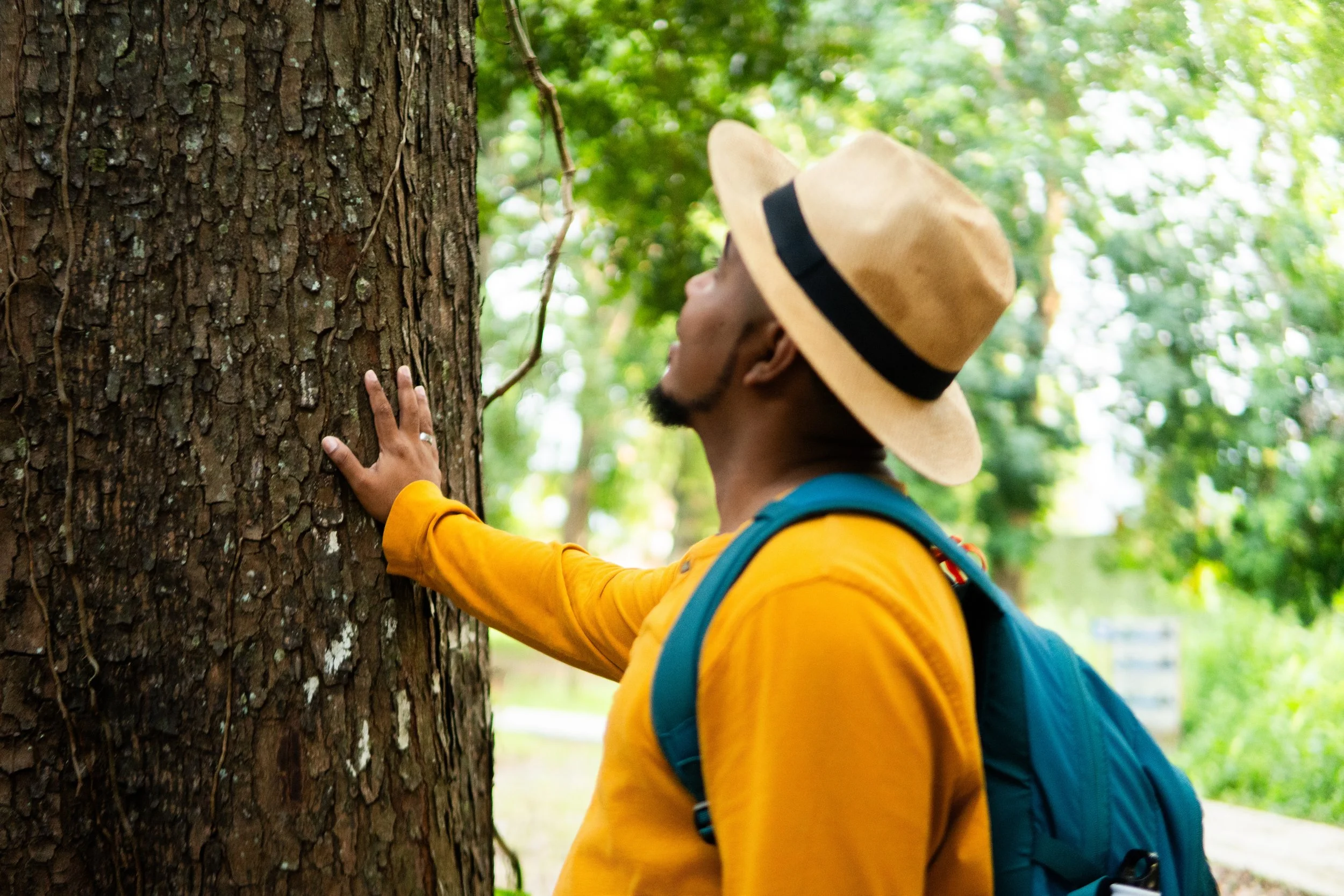
The Eco Resilience Workshop
Resilient Teacher,
Flourishing Classroom
An eco wellness initiative for personal development and resilient living in Fort Worth, Texas.
The Eco Resilience Workshop is an 8-module training in nature-based resilience practices and experiential learning for K-12 educators in Fort Worth designed to fit the rhythms of the school calendar and seasons.
The workshop empowers K-12 teachers and counselors with the knowledge and skills that research indicates can:
Promote healthy and resilient living
Encourage appreciation and care for the natural environment
Enhance the educational experience and lifestyles of their students
Resilient teachers are ideally equipped to help children and teens learn deeply, regulate their nervous systems, live resiliently and flourish. Resilient teachers nurture resilient students.
The workshop also invites healthy outdoor activities, deepens appreciation for Fort Worth’s many greenspaces, and encourages communities to take pride in living well together and with the land.
This program is:
offered free to teachers and counselors,
covers substitute teacher costs for personal development days associated with the workshop, and
provides a modest $300 stipend to support each teacher and counselor.
The schedule integrates in-person immersives with online evening sessions, culminating in a weekend nature retreat.
Program Objectives
Cultivate self + ecological awareness through eco mindfulness and somatic practices that help align with the natural rhythms and cycles of nature.
Foster belonging with community and with the land through shared experiences of storytelling and reflection.
Explore the worldviews, values, and concepts that shape our understanding of ourselves and nature.
Build emotional resilience by developing coping tools for working with grief, fear, despair, and anxiety related to environmental and life challenges, transforming them into active hope and purpose.
Learn skills for integrating resilience practices into your teaching and relationships.
Our flourishing future begins within and with nature.
Teachers and Collective Flourishing
Teachers are the foundation of a flourishing future for Fort Worth, the state of Texas, and the nation.
In classrooms across the city and beyond, teachers plant the seeds of curiosity, kindness, and courage. They carry the stories, questions, and dreams of our communities, shaping not only what students understand, but who we can be together.
Why Eco Mindfulness Matters in Our Lives and the Classroom
Recent research speaks directly to the profound benefits of mindfulness training for educators.
In a rigorous study involving elementary school teachers, researchers found that a mindfulness-based program significantly enhanced teachers' emotional regulation, self-efficacy, and overall well-being while markedly reducing burnout symptoms.
Teachers trained in mindfulness showed greater engagement with students, creating nurturing and supportive classroom environments. Notably, students themselves reported improved interpersonal skills. (Carvalho, et al, 2021)
The Drivers of Our Shared Challenges
Overwhelm: Rapid societal change and stress, the rise of AI and the diminishing value of human labor.
Distraction: Compromised attention and mental health from excessive social media use, work demands, and information overload.
Disconnection: Isolation from community, the natural environment, and heritage.
How the Workshop Address the Challenges
Research indicates that various forms of evidence-based meditation can support overall well-being.
Such practices can help us address many societal challenges, including bolstering emotional resilience in the face of hardship and environmental crisis.
The National Environmental Education Foundation (NEEF) states that nature-based education builds key 21st-century skills that can close the gap between what students learn and how they apply it in future careers. When educators themselves are supported in integrating these skills and ways of knowing, the benefits ripple outward to classrooms, families, and the broader community!
Participants in our MBEI in-person eco programs report:
Improved mental health and emotional resilience [95%]
Feeling more connected to nature, themselves, and other people [100%]
More self-compassion [91%]
More compassion for nature and other people [100%]
A wider sense of community and belonging [100%]
New skills to better support their mental health [91%]
In short, teaching people how to manage their emotions, regulate nervous systems, and take meaningful action in response to life’s challenges can boost mental health and foster resilience, a key indicator of flourishing – benefiting adults, children, and the planet!
The Urgency of Supporting Teacher Well-Being
The National Education Association defines burnout as “a condition in which an educator has exhausted the personal and professional resources necessary to do the job.”
While burnout occurs across professions, educators experience it at significantly higher rates. A recent RAND survey found that teachers are more than twice as likely to report frequent stress as other working adults. Research from the American Educational Research Association shows that U.S. teachers are 40% more likely to experience anxiety symptoms than healthcare workers, 20% more likely than office workers, and 30% more likely than those in fields such as farming or the military.
The toll is visible both physically and emotionally. Signs of burnout include changes in appetite or weight, anxiety or depression, fatigue, sleep disturbances, loss of job satisfaction, and difficulty enjoying downtime. Left unaddressed, these symptoms can contribute to chronic depression, serious physical health issues, and diminished capacity to engage with students.
Burnout affects not only teachers but also the students they serve. High teacher anxiety correlates with lower student academic performance and can foster negative attitudes and behaviors in the classroom.
Multiple Factors Contribute to Burnout
Heavy workloads and staffing shortages
Challenges navigating Individual Education Program (IEP) plans
Safety and social media-related issues
Inadequate salaries and education funding
Continuous criticism from outside the classroom
Limited mental health support
The Scope of the Challenge
K-12 educators are now the most burnout-prone profession in the U.S.
44% report feeling “often” or “always” burnt out
90% consider burnout a serious problem in education
Over half plan to leave teaching sooner than intended
Since the pandemic, there are 500,000 fewer public-school educators nationwide
In 2022, 44% of public schools reported unfilled teaching positions, with nearly half of postings remaining vacant
These realities underscore the need for systemic and personal strategies to help educators not just cope but flourish.
The Eco Resilience Workshop
Resilient Teacher, Flourishing Classroom addresses this need directly, offering evidence-based, nature-connected, and community-centered practices to cultivate emotional resilience, restore vitality, and renew a sense of purpose in teaching.
A recent study by MBEI advisor Jyoti Mishra along with Elissa Epel, Eve Ekman, and others looked at how a 10-week university course on climate resilience affected students’ mental health and ability to respond to the climate crisis.
Students who took the course reported feeling less anxious, depressed, and stressed, and more confident in their ability to take climate action. They also felt a stronger sense of community and purpose.
Another study on nature-based mindfulness points out that such intentional approaches have a positive effect on psychological, physical, and social dimensions of our lives. Furthermore, findings indicated that mindfulness in wild nature seems to be more beneficial than mindfulness in more cultivated settings. (Djernis, et al.)[7]
When educators themselves are supported in integrating these skills and ways of knowing, the benefits ripple outward to classrooms, families, and the broader community!
8-Module Program
2026 Dates
Module 1: In person immersive, 9:00-4:00, Friday, August 28
Module 2: Online 7:00-8:30, Wednesday, September 2
Office Hours: Online 7:00-8:00 September 9
Module 3: In-person immersive, 9:00-4:00, September 19
Module 4: Online 7:00-8:30 September 23
Office Hours: Online 7:00-8:00, September 30
Module 5: In-person immersive, 9:00-4:00, October 2
Module 6: Online 7:00-8:30, October 7
Office Hours: Online 7:00-8:00, October 14
Module 7: Eco Retreat, 6:00 pm Friday – 3:00 pm Sunday, October 23-25
Module 8: Online 7:00-8:30, November 4
The Ingredients of Resilience
All MBEI programs cover several integral dimensions of self-growth and development key to resilience and flourishing.









